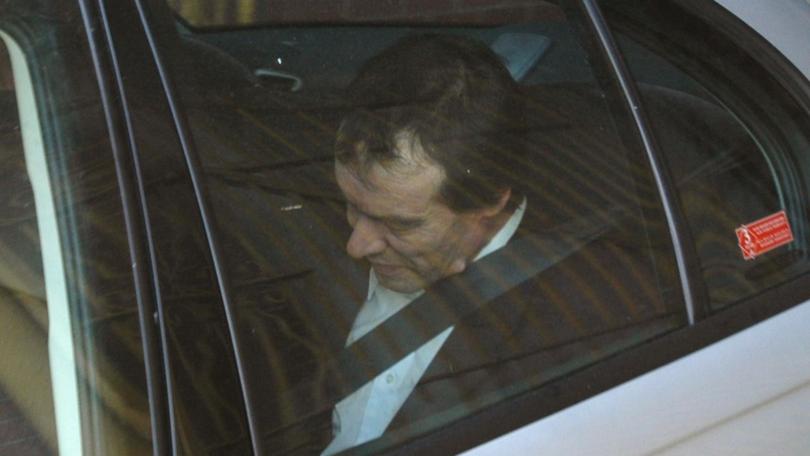Mark Haydon: South Australia’s Snowtown ‘bodies-in-the-barrels murders’ accomplice released from prison
Snowtown murders accomplice Mark Haydon has been released from prison after serving a 25-year sentence for his role in the gruesome ‘bodies-in-the-barrels’ killings.

Snowtown murders accomplice Mark Haydon has been released from prison after serving a 25-year sentence for his role in the gruesome “bodies-in-the-barrels” killings.
South Australia’s Parole Board stated the 65-year-old had been released from prison after spending a quarter of a century locked up for his role in the horrifying South Australian murder spree that resulted in the deaths of 12 victims, including his wife Elizabeth.
Her body and seven others were found in plastic barrels in the vault of a disused bank in Snowtown, north of Adelaide, in May 1999.
Sign up to The Nightly's newsletters.
Get the first look at the digital newspaper, curated daily stories and breaking headlines delivered to your inbox.
By continuing you agree to our Terms and Privacy Policy.John Bunting and Robert Wagner were found guilty of the murders in 2003. Both are serving life sentences with no chance of parole.
Haydon was found to have assisted his close friends cover up their crimes by storing the bodies of murder victims in barrels in his shed, and later renting the infamous Snowtown bank.
Earlier this month, lawyers for Haydon dropped an application challenging a government bid to have him kept under strict supervision upon his release from prison.
The SA Government applied to the Supreme Court to declare Haydon a high-risk offender and subject him to supervision for up to five years after his release, according to court documents obtained by AAP.
In its application, the government argues Haydon poses an appreciable risk to the community if unsupervised because he continued to assist in the murders over a substantial period of time despite opportunities to end his involvement or inform police.
He has not participated in treatment programs to reduce his risk of reoffending and has a dysfunctional personality, the application adds.
“Psychologist Dr Mark Reid observed the respondent had never learned life skills to deal with stress, lacked social skills, and used ‘inappropriate or maladaptive strategies’ to cope with problems,” it says.
It repeated concerns aired by the parole board in 2017 that Haydon was highly institutionalised and would struggle with stressful situations if released with insufficient support
The SA parole board granted Haydon’s parole in February, saying he was well-behaved during his years in custody.
Parole board chair Frances Nelson said Haydon would be allowed an early release under supervision, saying he would benefit from a period of parole prior to his full release.
